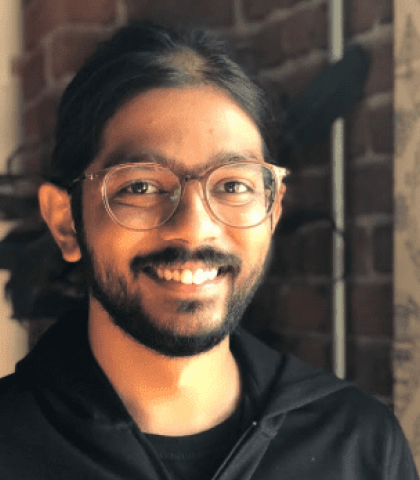I want data; I want it now. The future of application development.
Description
I want data; I want it now. The future of application development.

I want data; I want it now. The future of application development.
Data is everywhere and is usually stored across multiple databases and data sources. Different teams in an organization might have their own database. Different types of workloads could mean that you have specialised databases for specialised use cases. In enterprises there is often a mix of legacy databases as well as modern ones. We introduced Remote Joins last year to join across databases and remote GraphQL servers. With Cross Databases Joins at the API layer, we have taken Remote Joins to the next level. All you have to do is configure Hasura to connect to your databases and, with no upstream changes to the underlying database, you can start querying across them! With a single GraphQL query, Hasura will let you fetch related data from multiple databases with authorization baked in. Hasura federates the GraphQL request to the underlying databases giving you the experience of all the data being in a single database! In this talk, Tanmai Gopal does a deep dive into this feature.
Adopting new technologies, especially at the core of your stack, requires learning new technologies. But, more importantly, it requires revisiting the assumptions of architecture. In this session, we will explore the mental models associated with architecting a high-performance, scalable application using Hasura. While Hasura is familiar, its broad applicability means that the 'domain design' for applications can differ. After this talk you will leave with a perspective on the technology itself, use cases in which it is a perfect fit, incremental migration to Hasura-enabled technology, and designing with performance in mind. In short...'How to think in Hasura.'
We'll go over the major use cases that Hasura is being used for: rapid execution on greenfield projects, application modernization initiatives as well as replacing direct database access with data APIs. Tanmai will take us over how Hasura is being adopted in enterprise incrementally, share the benefits experienced by users in enterprise as well as take us over commercial features that are offered to ensure you can successfully run Hasura in production in enterprise.
Developers and startups are known for adopting the most bleeding edge tech. Partly out of a sense of fun (developer experience) and to optimise performance. This sets the trend for technologies that stand the test of time and are adopted into traditional, mainstream enterprise. Always with an eye towards performance, developer experience, and -- most importantly -- reliability and robustness. React, GraphQL, Kubernetes (not to mention cloud adoption more broadly) have followed this same pattern.
A company is a unique combination of employee, advisor, user, customer, contributor, champion….and all of these, combined, make up the community. As we close the conference we pause to share a brief conversation about the event itself and recognise the important of you — the Hasura community.
Conference / Speakers / Tanmai Gopal
CEO, Hasura
Tanmai Gopal is the CEO and co-founder of Hasura. He is a StackOverflow powered fullstack developer whose areas of interest and work span React, GraphQL, Nodejs, Haskell, Docker, Postgres & Kubernetes. He is passionate about making it easy to build complex things and is the instructor of India's largest MOOC imad.tech with over 250,000 students.
